In WhatsApp conversations with family and friends, the #RonaGotMe hashtag is getting a decent workout. Coronavirus has us doing, seeing and experiencing all kinds of beauty ‘firsts’; some of us are rediscovering our naturally curly hair; others are completing a rather decent pedi; and, less pleasingly, many of us have been dealing with skin issues we’ve never had before. Issues that, it turns out, are directly related to the pandemic and the stress and isolation that comes with it.
“I would say that ‘stress causes skin disease and skin disease causes stress’,” explains British psychodermatologist Dr Alia Ahmed, who specialises in the interaction between mind and skin.
She explains that emotional distress triggers the release of the stress hormone cortisol, which in turn impairs both the immune system and the skin’s natural barrier. Cortisol can also heighten allergic responses and exacerbate any underlying skin conditions – all of which can manifest as inflamed, sensitised, dry or greasy, dull, reactive, reddened or spotty skin. Sound familiar?*
Compounding the stress of the pandemic itself is the effect of social isolation and distancing. One study found that the health impacts of chronic isolation can be as harmful as smoking 15 cigarettes a day.
Why? Humans need connection. “Physical touch conveys positive messages – it can be reassuring, comforting and pleasurable, to the point of being able to repress pain and negative emotions,” says Dr Ahmed, explaining that even light touch and skin contact can be soothing and stimulate the release of oxytocin (a hormone with anti-stress effects, like lowering cortisol levels), which can benefit mood, self-esteem, relationships, cognitive function and immunity.
These days, not only does coronavirus mean that Dr Ahmed’s seeing an increase in stress-related skin ailments, but she’s also treating patients dealing with conditions caused by hand washing and face masks, such as allergic contact dermatitis, irritant hand eczema and facial rashes. These are all practices and conditions that may feature prominently in our “new normal” and become more common.
Although we can’t be sure where this pandemic will take us next, there are simple steps we can take to deal with stress, iso, and stressed iso skin, right now.
Here are some of our favourite products, and, below, strategies you can try:
Tips for stressed-out #isoskin:
Touch your skin in areas you find pleasurable, using light touch, stroking movements or self-massage. Make it a regular ritual or just when you feel stressed.
Touch doesn’t have to come from humans. “Use different textiles, textures and devices, like a massage mat, hot water bottle, a soft or weighted blanket, or spend time stroking your pet,” suggests Dr Ahmed.
Commit to regular online catch-ups with friends and family, or other positive acts, like being grateful or helping others.
Consider your lifestyle. Diet, exercise, fluid intake, sleep, and maintaining a work-life balance are all important, and “I also encourage relaxation therapies like mindfulness and meditation, and gentle facial massage,” she says.
Stick to a simple skincare regimen that includes a gentle cleanser, mild acids, antioxidants, hyaluronic acid, retinol and sunscreen. Go easy on the exfoliation, avoid heavy creams, cleansing balms and fragranced products, and “be careful of ‘natural’ products as some can have potent ingredients that can easily irritate skin,” warns Dr Ahmed.
*It should be noted that not everyone is struggling with iso-skin. Some are thriving in isolation, “staying hydrated, avoiding long commutes, getting an appropriate amount of sleep, and practicing more effective skincare, and hence are experiencing less stress and reaping the benefits in their skin,” notes Dr Ahmed. You guys, I don’t want to gloat, but I am one of these people.




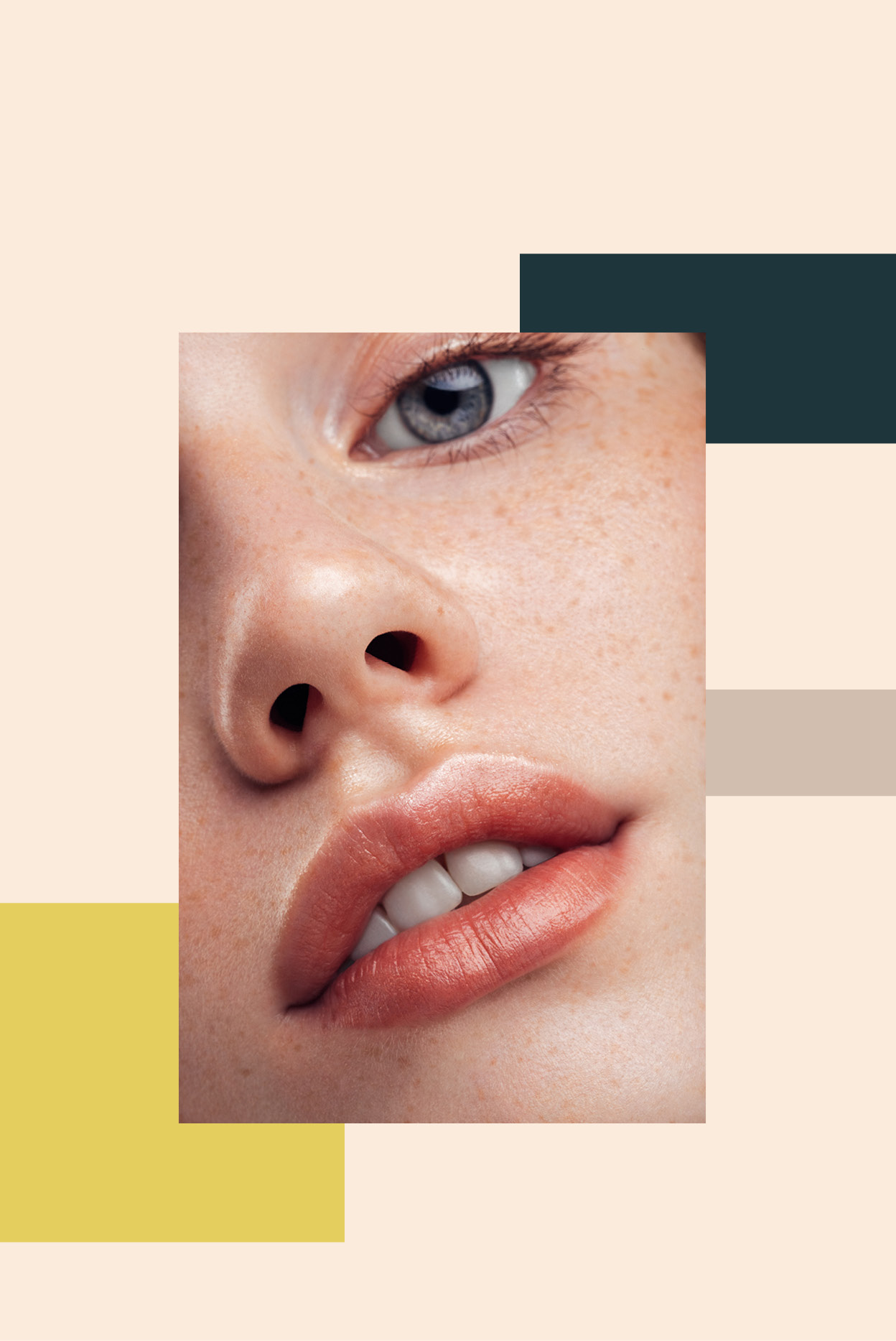
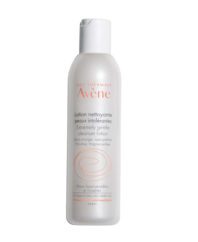
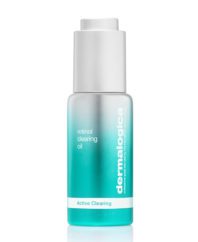
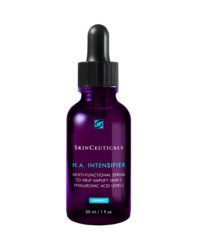
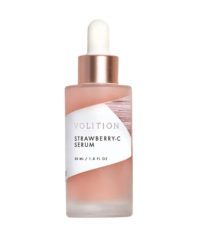



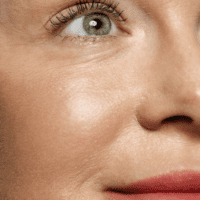

No Comments